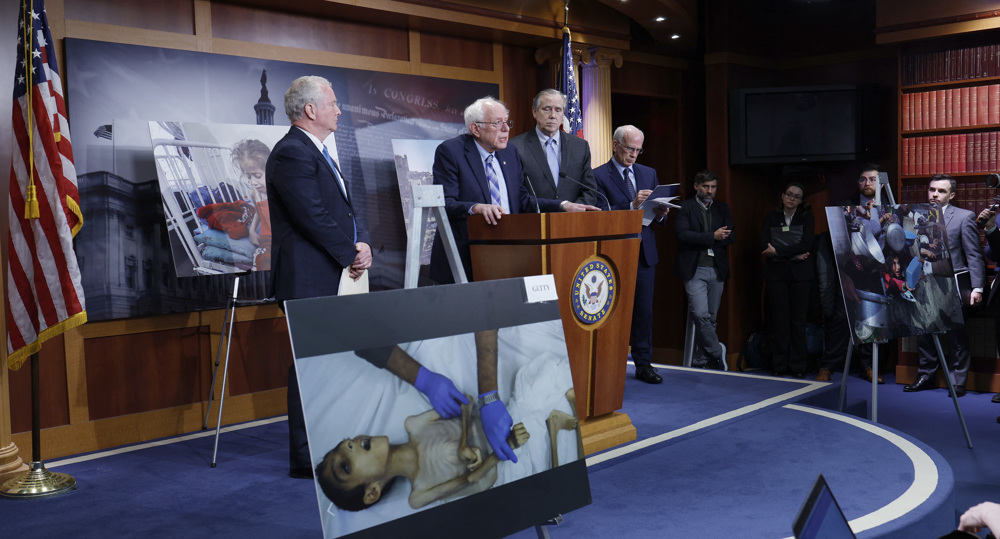Iran sanctions won't hold long, Kerry warns Congress
US Secretary of State John Kerry says if the Republican-dominated Congress does not approve the Iran nuclear agreement, the sanctions against the Islamic Republic will not hold.
In an interview with CNN on Sunday, Kerry said that the possibility of not finalizing the nuclear conclusion reached between Iran and the P5+1 group of countries last week should scare the entire world, according to The Hill newspaper.
He added that the failure to resolve Iran’s nuclear issue peacefully could lead to a dangerous situation in the Middle East region.
“The fact is the real fear of that region should be if we don’t have the deal,” Kerry said. “If Congress doesn’t pass this, we have no sanctions,” he warned.
“They will then feel free to go and do the very thing this prevents,” Kerry said of the agreement reached on the text of the Joint Comprehensive Plan of Action (JCPOA) between Iran and the P5+1 group of countries - the US, Britain, France, Russia, China, and Germany – in Vienna on July 14.
According to the text of the JCPOA, Iran will be recognized by the United Nations as a nuclear power and will continue its uranium enrichment program, but some restrictions will be placed on Iran’s nuclear program in exchange for the removal of sanctions against the Islamic Republic.
The Obama administration has submitted the text of JCPOA to Congress. US State Department said in a statement on Sunday that Congress members have received the text including annexes and other related materials.

On Friday, the White House said, if Congress goes ahead with Iran vote, and lawmakers reject the successful conclusion of nuclear talks, it will be “devastating” for the United States’ global standing.
White House spokesman Josh Earnest said international sanctions imposed against Iran would “collapse” if Congress votes against the nuclear agreement, removing any leverage the P5+1 group has in enforcing restrictions on Iran’s nuclear activities.
“Iran would still obtain the financial benefits of sanctions relief,” he added. “Iran will get all of the benefits of this deal without having to give up anything.”
The White House has launched a sales pitch to the Republican-controlled Congress, which remains skeptical of the nuclear accord with Iran, and has 60 days to vote to either approve or disapprove of it.

Most Republicans oppose the nuclear agreement with Iran, but they need a two-thirds vote in both chambers of Congress to override a possible presidential veto, and to reach that threshold, Republicans need Democratic support.
The United States and its allies have imposed illegal sanctions on Iran based on the unfounded accusation that Tehran is pursuing non-civilian objectives in its nuclear program.
Iran rejects the allegation, arguing that as a committed signatory to the nuclear Non-Proliferation Treaty (NPT) and a member of the International Atomic Energy Agency (IAEA), it has the right to use nuclear technology for peaceful purposes.
In addition, the IAEA has conducted numerous inspections of Iran's nuclear facilities but has never found any evidence showing that Iran's civilian nuclear program has been diverted to nuclear weapons production.
VIDEO | Former FBI agent criticizes US Congress for 'outright corruption'
IRGC chief urges Muslim countries to cut aid routes to Israel
'New chapter in cooperation': Iran, Venezuela sign new MoUs
Jordan sentences former lawmaker for supporting Palestinian resistance
Basij volunteer forces hold massive drills in southwestern Iran
Israeli war criminals 'not welcome', US city says after ICC ruling
US vetoing of Gaza ceasefire resolution ‘disgraceful’: Iran’s UN envoy
VIDEO | IAEA adopts anti-Iran resolution tabled by E3










 This makes it easy to access the Press TV website
This makes it easy to access the Press TV website